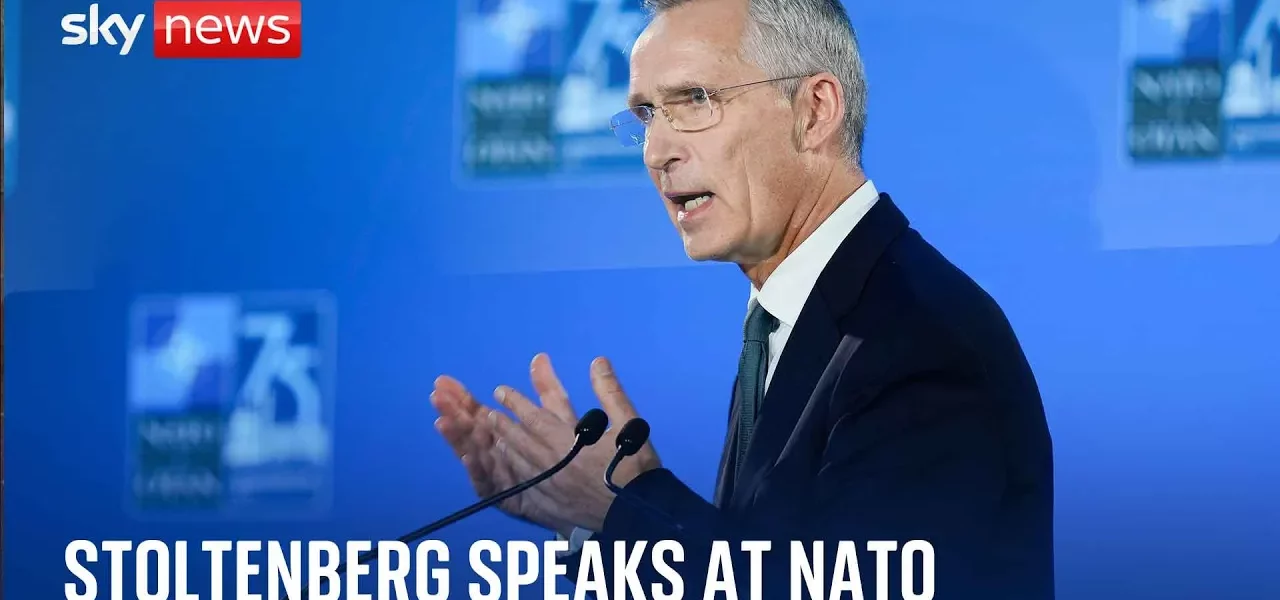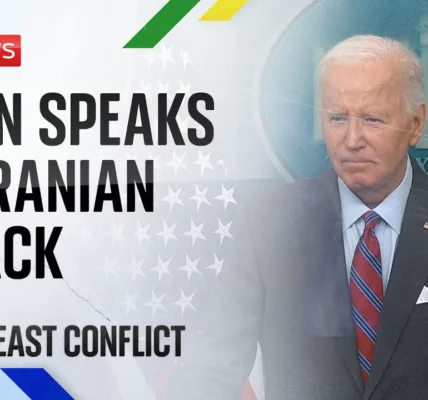Geopolitical Tensions: NATO, China, and Belarus – A Comprehensive Analysis

This article delves into the recent military exercises conducted by China and Belarus near the Polish border, the implications for NATO, and the broader geopolitical landscape, highlighting the alliances between authoritarian regimes and the importance of international cooperation for security.
Introduction
The geopolitical landscape is increasingly shaped by the actions and alliances of authoritarian regimes. Recent military exercises conducted by China and Belarus near the Polish border have raised alarms about regional security. As Poland grapples with illegal migration encouraged by Belarus, these developments signal a concerning alignment of powers that could have far-reaching consequences for Europe and beyond. This article explores the implications of these exercises, the role of NATO, and the need for strategic responses from allied nations in light of these challenges.
Understanding the Military Exercises
The recent military exercises conducted by Chinese and Belarusian forces near Poland’s border are not isolated incidents; they are part of a larger pattern of cooperation among authoritarian states. This section analyzes the motivations and implications of these exercises.
Context of the Exercises
Over the past three years, Poland has been the target of increasing pressure from both Belarus and Russia, characterized by:
- Escalating illegal migration across the Polish border.
- Heightened military presence and exercises near NATO borders.
- Support for Russia’s aggressive actions in Ukraine.
Implications for Regional Security
The alignment of China with Belarus and Russia poses significant risks, including:
- Increased military threats to NATO member states.
- Potential destabilization of Eastern European security dynamics.
- Encouragement of authoritarian regimes to act with impunity.
The Role of NATO in Countering Threats
NATO has a long-standing commitment to collective security, which becomes crucial in the face of these emerging threats. This section examines NATO’s strategies and responses to the changing geopolitical landscape.
NATO’s Historical Resilience
Throughout its 75-year history, NATO has faced numerous challenges, including changes in political leadership across member countries. Despite concerns about shifting political tides, NATO’s resilience is rooted in:
- A shared understanding of mutual security benefits.
- Bipartisan support in member countries for NATO’s mission.
- A commitment to defense spending, with many allies meeting the 2% GDP guideline.
Future Strategies
In light of recent developments, NATO’s future strategies may include:
- Enhancing collective defense initiatives.
- Increasing military presence in Eastern Europe.
- Strengthening partnerships with non-NATO countries in the Indo-Pacific region.
International Cooperation and Support for Ukraine
The conflict in Ukraine is a pivotal element in the current geopolitical climate. This section discusses NATO’s role in supporting Ukraine’s self-defense and the broader implications for global security.
Military and Humanitarian Aid
NATO has recognized the urgent need for comprehensive support to Ukraine, which includes:
- Military assistance, such as advanced weaponry and training.
- Humanitarian aid to address the needs of displaced populations.
- Economic support to stabilize Ukraine’s economy during the conflict.
Global Security Dynamics
The interconnectedness of global security means that events in Europe have repercussions in the Indo-Pacific and vice versa. Key points include:
- The threat posed by North Korean support to Russia’s war efforts.
- The importance of a united front against authoritarian aggression.
- The need for strategic partnerships among democratic nations.
Conclusion
The recent military exercises by China and Belarus underscore the urgent need for NATO and its allies to remain vigilant and proactive in their defense strategies. As authoritarian regimes align more closely, it is imperative for democratic nations to strengthen their partnerships and reaffirm their commitment to collective security. The future of global stability hinges on our ability to navigate these complex geopolitical challenges effectively. Stay informed and engaged with ongoing developments in international relations to understand better how these dynamics affect global security.
“`




